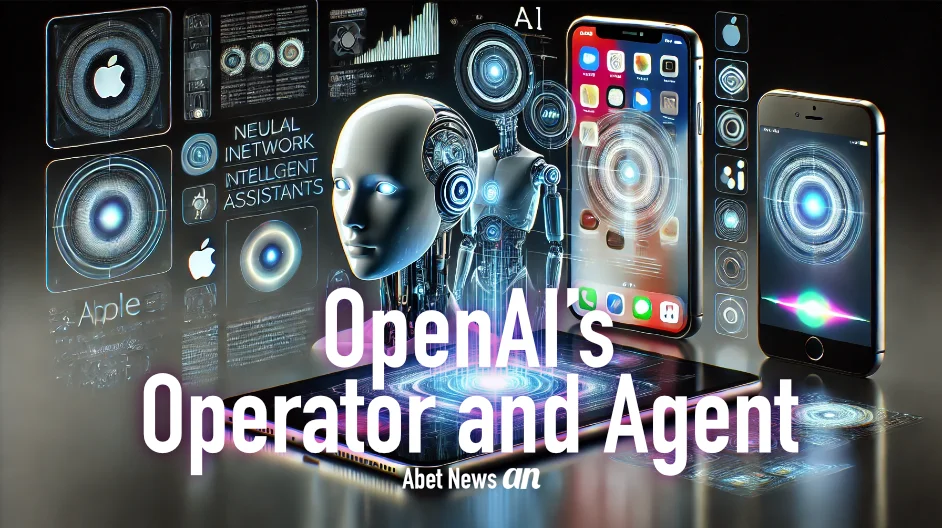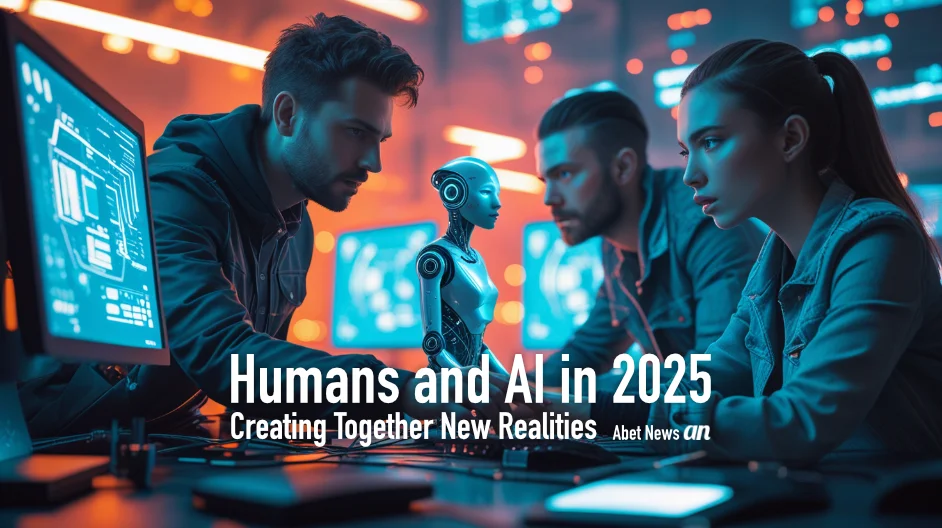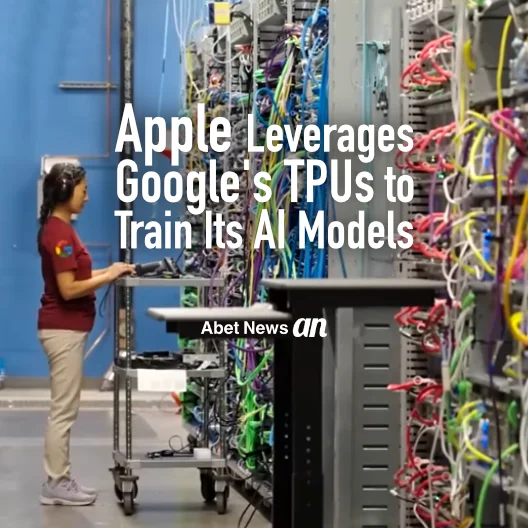OpenAI’s Operator and Agent

OpenAI’s Operator and Agent: Potential Integration with Apple’s Ecosystem and Its Impact on the AI Landscape
In the rapidly evolving field of artificial intelligence, OpenAI’s latest advancements—Operator and Agent—are generating significant buzz. These AI-powered systems aim to revolutionize human-AI interaction by offering more intuitive, autonomous, and personalized assistance. With Apple reportedly exploring deeper AI integrations into iPhones and iPads, the potential inclusion of OpenAI’s technologies could mark a pivotal moment in Apple’s strategy to reclaim leadership in the AI-driven device market.
Understanding OpenAI’s Operator and Agent
– OpenAI Operator: Operator is designed to act as a highly responsive AI assistant capable of handling complex queries and actions across a range of applications. It extends beyond traditional voice assistants by providing contextual awareness, advanced natural language understanding, and multi-modal capabilities, including text, voice, and vision inputs.
– OpenAI Agent: The Agent framework takes AI capabilities further by enabling autonomous decision-making, task execution, and proactive problem-solving. Agents can manage workflows, anticipate user needs, and interact seamlessly with other digital systems, positioning them as intelligent intermediaries in both personal and professional contexts.
These technologies aim to create an ecosystem where AI becomes an active participant in users’ daily lives, moving beyond mere assistance to true collaboration.
Potential Integration into iOS and iPadOS
As Apple continues its push for AI innovation, integrating OpenAI’s Operator and Agent into iPhones and iPads could significantly enhance user experiences. Some potential areas of integration include:
– Enhanced Siri Capabilities: Apple’s voice assistant has often lagged behind competitors like Google Assistant and Alexa. OpenAI’s technology could provide Siri with improved conversational abilities, contextual understanding, and proactive assistance, transforming it into a true AI companion.
– Intelligent Automation: With the power of AI Agents, iOS and iPadOS could introduce advanced automation features, such as managing schedules, handling complex multi-app tasks, and offering personalized content suggestions based on user behavior.
– Creative and Productivity Tools: OpenAI’s AI capabilities could be embedded within Apple’s ecosystem of apps, such as Pages, Numbers, and Final Cut Pro, providing intelligent editing suggestions, automated summarization, and content creation support.
– Privacy-Preserving AI: Apple has consistently emphasized privacy as a core value. A potential collaboration with OpenAI could leverage Apple’s on-device processing capabilities to ensure AI interactions remain private while offering enhanced personalization.
How This Could Put Apple Back in the AI Lead
Despite Apple’s dominance in hardware and software integration, it has faced criticism for lagging behind competitors in AI capabilities. Google’s deep AI integration within Android and Samsung’s advancements with Galaxy AI have positioned them as leaders in device-based AI. However, by incorporating OpenAI’s cutting-edge technology, Apple could reestablish itself as a frontrunner by:
– Delivering Unparalleled User Experience: Seamless AI-powered interactions across devices would reinforce Apple’s ecosystem advantage, offering users intelligent, context-aware services that enhance productivity and creativity.
– Bridging Hardware and AI Innovation: Apple’s custom silicon (such as the A-series and M-series chips) could be optimized to run OpenAI models efficiently, providing performance benefits that competitors might struggle to match.
– Strengthening the Apple Ecosystem: Advanced AI features could create new use cases for Apple devices, from smarter home automation via HomeKit to enhanced accessibility features that make Apple devices even more inclusive.
– Developer Ecosystem Expansion: With OpenAI’s technology integrated into Apple’s development tools, third-party app developers could build more powerful, AI-driven applications, further enhancing the App Store ecosystem.
Challenges and Considerations
While the integration of OpenAI’s Operator and Agent into Apple’s devices presents exciting possibilities, there are potential challenges:
– Balancing Privacy and AI Capabilities: Apple’s commitment to privacy might limit certain AI functionalities that require extensive data processing. A hybrid on-device and cloud-based approach could help navigate this.
– Competition with Apple’s In-House AI Efforts: Apple is already investing heavily in AI research, and it remains uncertain whether the company would fully embrace an external AI partner or prefer to enhance its proprietary AI frameworks.
– Regulatory and Ethical Concerns: As AI becomes more integrated into personal devices, ensuring compliance with evolving AI regulations and ethical considerations will be crucial.

If Apple successfully integrates OpenAI’s Operator and Agent technologies into its ecosystem, it could significantly enhance the intelligence and functionality of iPhones and iPads. Such a move has the potential to not only elevate Apple’s AI capabilities but also redefine how users interact with their devices, solidifying Apple’s position as a leader in the AI-powered device market. Whether through deeper Siri enhancements or intelligent automation features, the future of AI on Apple devices looks promising.
Amy H.





